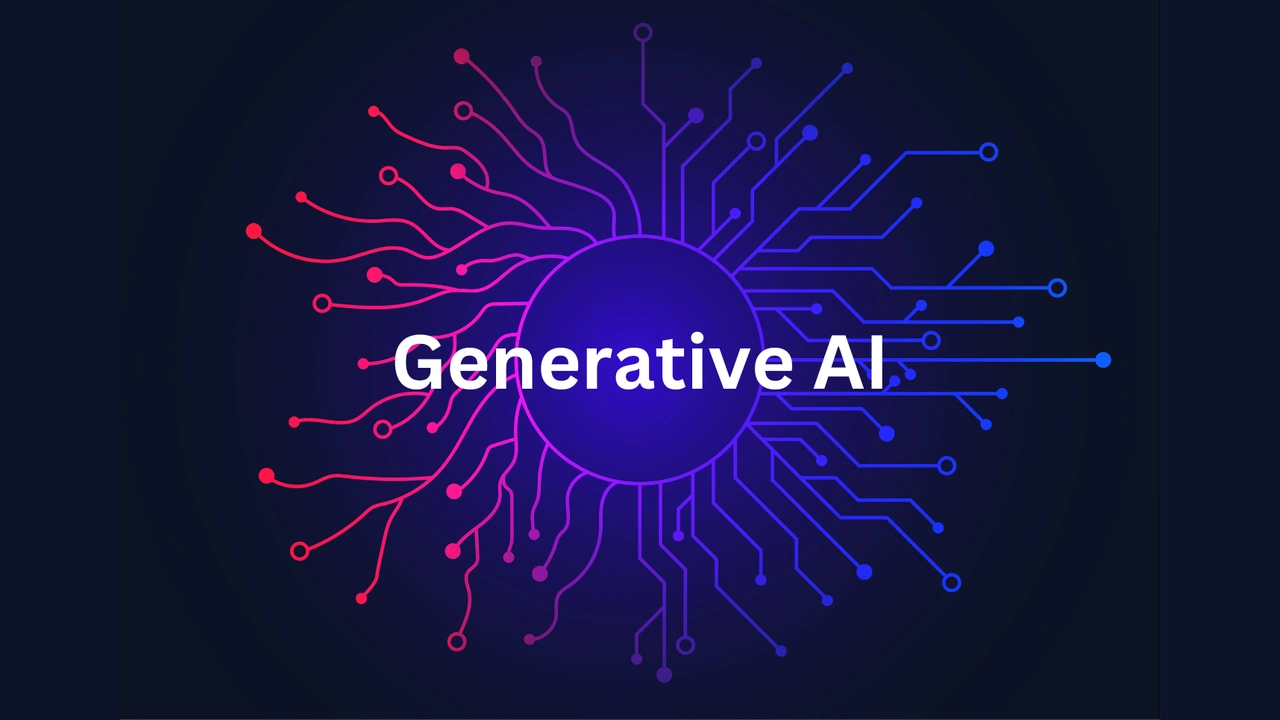Introduction to Generative AI on Azure
Azure provides a comprehensive ecosystem for developing generative AI solutions, integrating tools such as Azure OpenAI, Cognitive Services, and Machine Learning Studio. As advancements in AI continue to accelerate, Azure is set to play a pivotal role in enabling organizations to harness the power of generative models for content creation, automation, and innovation.
Emerging Trends in Generative AI on Azure for 2025
- Multimodal AI Models: Models capable of processing and generating text, images, and audio simultaneously.
- Autonomous AI Agents: Self-learning systems capable of performing complex tasks without human intervention.
- Real-Time Collaboration Tools: AI-powered content co-creation tools integrated with platforms like Microsoft Teams.
- Federated Learning: Secure, distributed model training without sharing sensitive data.
- Explainable AI (XAI): Enhanced interpretability tools for understanding model outputs.
Predictions for Generative AI on Azure by 2025
-Widespread Use of AI Agents: Businesses will integrate AI agents into workflows, automating customer support, sales, and marketing.
-Industry-Specific Models: Tailored AI models for industries such as healthcare, finance, and manufacturing.
-Integration with IoT: Generative AI will power real-time insights from IoT devices.
-Voice-First Experiences: Enhanced voice-based generative models for customer interactions.
-Rise of No-Code AI Development: Increased accessibility through drag-and-drop interfaces in Azure AI Studio.
Technological Advancements in Azure AI
Azure is driving innovation with:
- Azure AI Studio: A unified environment for building, testing, and deploying AI models.
- GPT-4 Integration: Offering enhanced reasoning and contextual capabilities.
- Azure AI Agents: Advanced agents capable of multi-step problem-solving.
- Hybrid Cloud Deployments: Combining on-premises and cloud resources for maximum efficiency.
Use Cases of Generative AI on Azure in 2025
- Content Creation: Automated generation of articles, social media posts, and marketing materials.
- Personalized Learning: AI-powered tutors offering adaptive learning experiences.
- Healthcare Diagnostics: Assisting doctors with medical image analysis and patient summaries.
- Virtual Customer Assistants: AI chatbots with human-like conversational abilities.
- Code Generation: Assisting developers with auto-completion, bug detection, and documentation.
Case Study: AI-Powered Marketing Automation
A global e-commerce platform leveraged Azure OpenAI to automate its content creation for product descriptions and social media campaigns. Using GPT-4 and Azure AI Studio, the company reduced content production time by 60% and increased customer engagement rates by 35%.
Challenges in Adopting Generative AI on Azure
-Data Privacy: Ensuring the protection of sensitive customer information.
-Model Bias: Addressing fairness and ethical concerns in AI-generated outputs.
-Integration Complexity: Simplifying the adoption process for businesses with legacy systems.
-Resource Costs: Managing the computational expenses of large-scale AI deployments.
Strategies for Successful AI Integration on Azure
- Start with Pilot Projects: Test generative AI in controlled environments before full-scale deployment.
- Use Azure Cognitive Services: Enhance model capabilities with pre-built AI functionalities.
- Monitor Performance: Utilize Azure Monitor to track AI model behavior and identify areas for improvement.
- Focus on Responsible AI: Implement fairness, transparency, and accountability standards.
Conclusion
The future of generative AI on Azure promises transformative opportunities across industries. With advancements in multimodal models, AI agents, and real-time collaboration tools, Azure is positioned to lead the AI revolution through 2025 and beyond. By embracing these technologies and addressing key challenges, businesses can unlock new levels of productivity and creativity.

